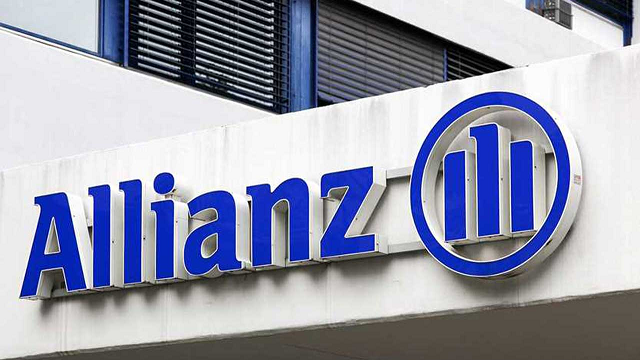Cyber perils are the biggest concern for companies in Nigeria, Africa, the Middle East, South Africa, and worldwide in 2022, according to the Allianz Risk Barometer.
The threat of ransomware attacks, data breaches, or major IT outages worries companies even more than business and supply chain disruption, natural disasters, or the Covid-19 pandemic, all of which have heavily affected firms in the past year.
Globally, cyber incidents top the Allianz Risk Barometer for only the second time in the survey’s history (44% of responses), Business interruption drops to a close second (42%), and Natural catastrophes rank third (25%), up from sixth in 2021.
Climate change climbs to its highest-ever ranking of sixth (17%, up from ninth), while Pandemic outbreak drops to fourth (22%).
The annual survey from Allianz Global Corporate & Specialty (AGCS) incorporates the views of 2,650 experts in 89 countries and territories, including CEOs, risk managers, brokers, and insurance experts.
“‘Business interrupted’ will likely remain the key underlying risk theme in 2022,” AGCS CEO Joachim Mueller summarizes. “For most companies, the biggest fear is not being able to produce their products or deliver their services.
“2021 saw unprecedented levels of disruption caused by various triggers. Crippling cyber-attacks, the supply chain impact from many climate change-related weather events, as well as pandemic-related manufacturing problems and transport bottlenecks, wreaked havoc.”
“This year only promises a gradual easing of the situation, although further Covid-19-related problems cannot be ruled out. Building resilience against the many causes of business interruption is increasingly becoming a competitive advantage for companies.”
Violence, changes in legislation and regulation rising concerns in Nigeria
Political risks, violence, and legislation and regulation changes are rising concerns for businesses in Nigeria. Political risks and violence moved from fifth to second, following #EndSars in 2020. Changes in legislation and regulation move up four places to fourth in the country.
“Fortunately, large-scale terrorism events have declined drastically in the last five years. However, the number, scale, and duration of riots and protests in the last two years is staggering, and we have seen businesses suffering significant losses,” says Bjoern Reusswig, Head of Global Political Violence and Hostile Environment Solutions at AGCS.
“Civil unrest has soared, driven by protests on issues ranging from economic hardship to police brutality, which has affected citizens around the world. And the impact of the Covid-19 pandemic is making things worse – with little sign of an end to the economic downturn in sight, the number of protests is likely to continue climbing.”
“Preparation is key – in particular for exposed sectors such as retail,” explains Thusang Mahlangu, AGCS Africa CEO. “Businesses need to review their business continuity plans (BCP) and should be aware of what is happening around them.
Typically, these only foci on national catastrophes, but there is a need for BCP plans to address political disturbances and other types of business disruption like cyber.
Having defined and preferably tested procedures in place is crucial – these should include staff, client, and general communication and social media plans. Companies must think deeply about how they can best protect their assets and people.”
Read more: Allianz Risk Barometer













